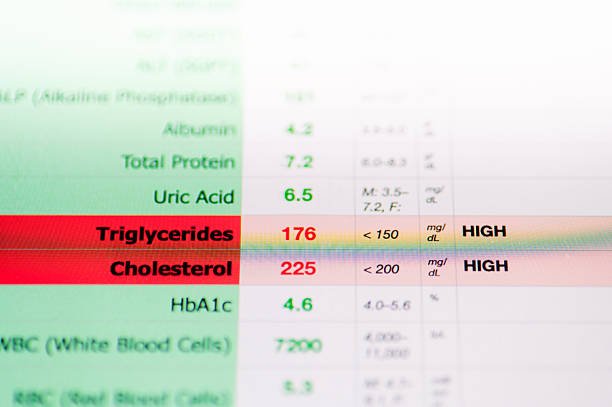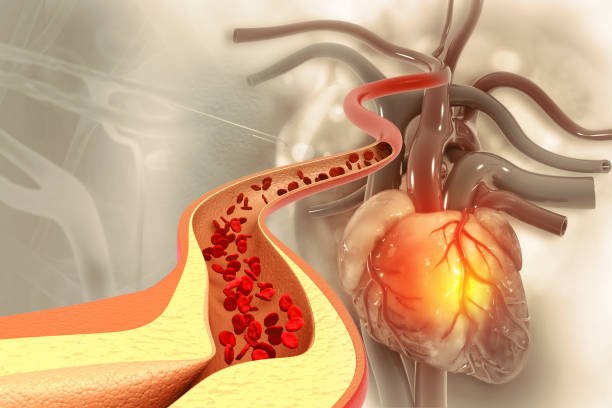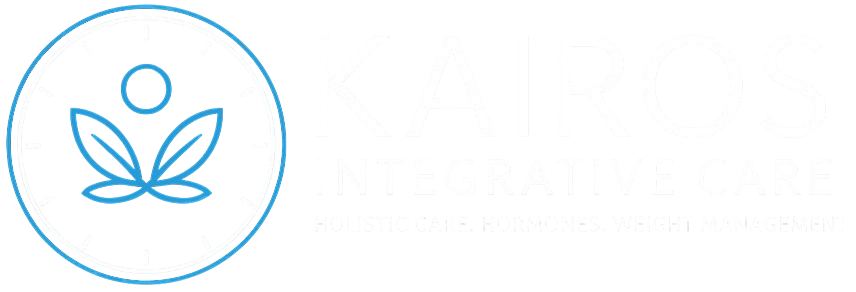A single LDL number does not define your heart health. Some people with normal cholesterol still develop heart disease. Others with high cholesterol never do. Why does this happen?
The real risk lies in details such as particle size, oxidation, inflammation, and how your body processes fats.
At Kairos Integrative Care, we go beyond basic numbers because your heart deserves a deeper understanding and care.
What Is Cholesterol and Why Do You Need It?
Cholesterol often gets labeled as the bad guy, but the truth is, your body needs it. Cholesterol helps produce hormones, supports brain function, and builds cell membranes.
The real problem starts when these levels rise beyond what your body can manage, the condition is called hyperlipidemia. This simply means there is too much fat, like cholesterol and triglycerides, circulating in your bloodstream.
General ranges for adults are:
- Total cholesterol: Under 200 mg/dL is considered desirable
- LDL cholesterol: Under 100 mg/dL is optimal
- HDL cholesterol: 40 mg/dL or higher for men, 50 mg/dL or higher for women
- Triglycerides: Under 150 mg/dL is normal
High cholesterol is one of the most common forms of hyperlipidemia and can silently increase your risk for heart disease, stroke, and metabolic issues over time.
What Are Lipid Disorders?
Lipid disorders happen when there’s an imbalance in the fats in your blood. This doesn’t just mean high cholesterol. It can include:
- High LDL, often called bad cholesterol
- Low HDL, which is the good cholesterol that helps clear LDL
- High triglycerides that is a key marker linked to insulin resistance
Many people have combinations of these findings, often linked to insulin resistance, thyroid changes, menopause, liver stress, medications, or inherited factors.
Identifying which pattern you have matters because different lipid abnormalities raise risk through different biological pathways.
Why Standard Cholesterol Tests Don’t Tell the Full Story
A routine lipid panel reports total cholesterol, LDL‑C, HDL‑C, and triglycerides. These are helpful, but they do not show:
- How big or small your LDL particles are (smaller particles are more dangerous)
- Whether your LDL is oxidized (oxidized LDL is what damages arteries)
- How your body responds to fats based on genetics

That’s why at Kairos Integrative Care, we often recommend advanced lipid testing. This helps us to understand “Is your cholesterol high?” or “Why is your body struggling to manage fats, and how can we help?”
What Exactly Causes High Cholesterol?
When numbers rise, diet often gets blamed first, but there’s something deeper than diet. Here are the common drivers we investigate in the clinic:
- Genetics: Some people are born with reduced ability to clear LDL particles from the blood. Familial hypercholesterolemia affects roughly 1 in 250 people and increases the risk of early heart disease if untreated. People with ApoE4 are at higher risk for both heart disease and Alzheimer’s when saturated fat intake is high.
- Hormones: Thyroid issues, insulin resistance, and menopause can all make cholesterol rise, even if your diet hasn’t changed.
- Liver health: Your liver processes and clears cholesterol. Fatty liver, toxin burden, alcohol, or poor bile flow can all disrupt clearance and push lipid numbers up.
- Chronic inflammation: Inflammation can damage blood vessels, making cholesterol stick where it shouldn’t.
- Stress: High cortisol over time changes how your body stores fat and uses energy.
So if your LDL is high, it’s not always about butter or bacon, it’s about how your whole system is functioning.
The Risks of Ignoring Lipid Disorders
Lipid problems usually cause no early symptoms. But over time, these extra fats can build up inside your arteries, leading to blockages and inflammation. This is what sets the stage for serious health problems.

Research shows that untreated lipid disorders lead to:
- Atherosclerosis (hardening of the arteries)
- Heart attack and stroke
- Fatty liver disease
- Insulin resistance and diabetes
- Cognitive decline and Alzheimer’s disease
When you identify and treat these issues early, you can protect your heart, brain, and overall health for the long term.
Our Functional Medicine Approach
When we review a lab report that shows high cholesterol, we ask what is driving it. Depending on your history and goals. We use advanced testing like:
- ApoE genetic testing to see how your body handles fats
- LDL particle size and oxidation markers for deeper cardiovascular risk insight. It shows LDL particle number and size, which may better reflect risk than LDL‑C alone in some people.
- Lp(a): This is a mostly genetic particle tied to higher ASCVD and heart valve disease risk. We recommend checking this at least once in adulthood.
Thyroid and liver panels to check metabolic health, since low thyroid or liver stress can make cholesterol harder to clear. - Inflammation markers, like CRP, to see if your arteries are under stress.
Once we know what’s driving your cholesterol, we design a treatment that suits your body.
Nutrition and Lifestyle That Support Healthier Lipids
Lowering cholesterol isn’t just about cutting out fat. In fact, for many people, sugar and refined carbs are a bigger driver of cholesterol problems than healthy fats.
What matters most:
- Add more fiber. Foods like oats, beans, lentils, chia, flax, and fruits help your body remove cholesterol through the gut. Research shows even small increases in soluble fiber can lower LDL cholesterol.
- Choose better fats. Instead of removing all fats, focus on healthy ones. Replace some saturated fats with sources like olive oil, avocados, nuts, seeds, and fatty fish. These fats support heart health and improve cholesterol patterns.
- Limit refined carbohydrates and added sugars. Eating too many processed carbs raises triglycerides and lowers HDL, especially if you have insulin resistance. Switch to whole, fiber-rich foods to reverse this trend.
- Move more. Short walks after meals can help balance blood sugar and improve triglyceride levels.
- Sleep and stress care. Poor sleep and chronic stress affect hormones that control cholesterol and fat metabolism. Simple routines that improve sleep and calm stress can make a big difference over time.
Sometimes supplements or medication are necessary, but we always start by addressing the foundations first.
The Bottom Line
High cholesterol is not the whole story. It’s a signal that your body needs support.
At Kairos Integrative Care, Lola, one of our Board-Certified Nurse Practitioners, helps patients uncover what’s driving cholesterol imbalances. Whether it’s genetics, hormones, or hidden inflammation, we’ll guide you through advanced testing and personalized care.
We’re here for patients in Houston, Sugar Land, and surrounding areas (77046 & 77478). We accept most major insurance plans, including Aetna, Cigna, BCBS, UnitedHealthcare, Tricare & more.




